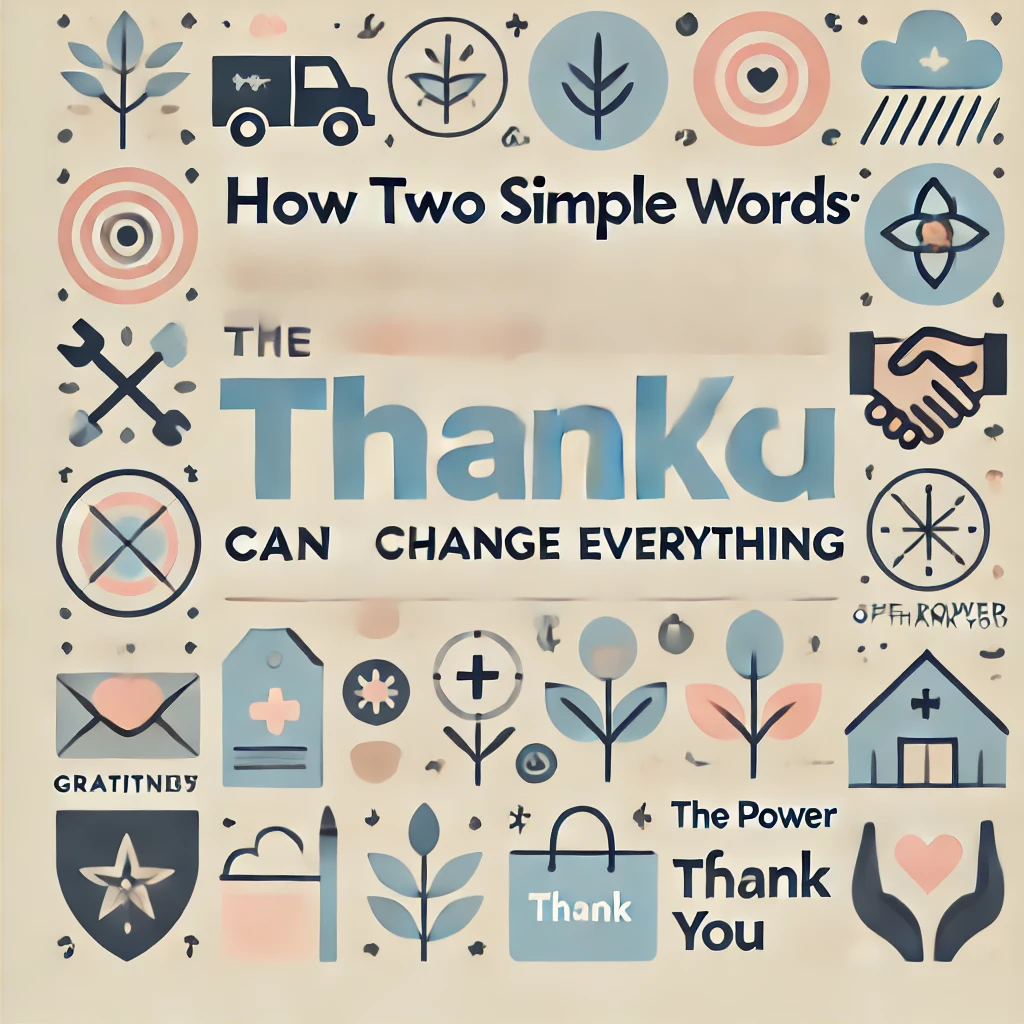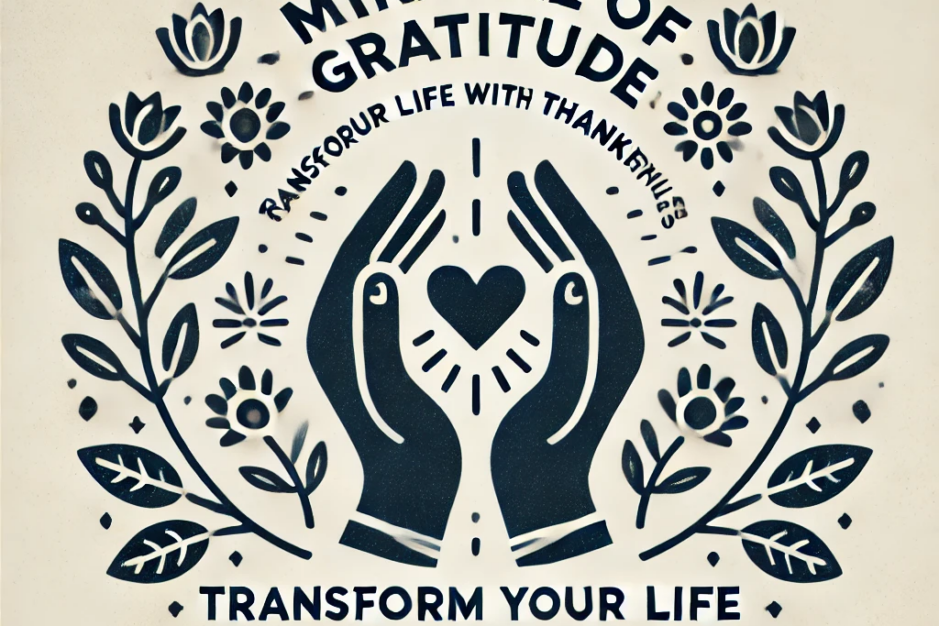Gratitude is one of the most powerful tools we have, yet it’s often overlooked in the rush of everyday life. Two simple words—“Thank You”—carry immense potential to transform relationships, boost morale, and even improve your well-being. Let’s explore why expressing gratitude through these words can truly change everything.
The Science Behind Gratitude
Research shows that gratitude positively affects both mental and physical health. Saying “Thank You” releases feel-good chemicals in the brain, such as dopamine and serotonin. These hormones improve mood and reduce stress levels. In relationships, gratitude fosters trust, strengthens bonds, and creates a sense of mutual appreciation.
A Harvard study found that people who practice gratitude regularly are happier and more optimistic. Even a simple gesture, like thanking someone for their effort, can have long-lasting effects on both the giver and receiver.
Famous Scientists Who Embraced Gratitude
Gratitude is not limited to personal or social relationships—it’s also a key trait of many renowned scientists who’ve shaped the world.
- Albert Einstein: Known for his humility, Einstein often expressed gratitude for the work of others. He famously said, “A hundred times every day, I remind myself that my inner and outer life depend on the labors of other people, living and dead, and that I must exert myself in order to give in the same measure as I have received.”
- Marie Curie: Despite facing significant challenges as a woman in science, Curie frequently acknowledged the support of her collaborators, especially her husband Pierre Curie. Her sense of gratitude extended to those who supported her research on radioactivity.
- Charles Darwin: In his letters and memoirs, Darwin often thanked his contemporaries for their insights and feedback. He credited the influence of other scientists in shaping his groundbreaking theories.
- Carl Sagan: The renowned astrophysicist and author often spoke about the beauty of collaboration in science. Sagan’s gratitude for the interconnectedness of human efforts is captured in his iconic quote about the “Pale Blue Dot,” emphasizing the shared responsibility to care for our planet.
- Rosalind Franklin: While she didn’t always receive the credit she deserved, Franklin expressed gratitude for the opportunity to contribute to significant discoveries, such as DNA’s structure. Her resilience and appreciation for science remain inspiring.
These scientists demonstrate how gratitude can fuel collaboration, innovation, and a deeper connection to one’s work.
Why ‘Thank You’ Matters
Acknowledging others makes them feel valued. In workplaces, expressing thanks can motivate teams, boost productivity, and enhance collaboration. Gratitude also helps resolve conflicts by focusing on positive aspects rather than differences. In personal relationships, a heartfelt “Thank You” can deepen emotional connections and show appreciation for even the smallest acts of kindness.
On a broader scale, practicing gratitude encourages a ripple effect. When you thank someone, they’re more likely to pass it on, creating a chain of positive interactions. This small habit has the power to make workplaces, communities, and even the world a kinder place.
Ways to Say ‘Thank You’
Gratitude can be expressed in many forms. Writing a note or email is a thoughtful way to show appreciation. Verbal expressions, whether face-to-face or over the phone, leave a lasting impression. Even a quick text can make someone’s day brighter.
Small acts of kindness, like returning a favor or helping someone in need, also demonstrate gratitude. Incorporating these gestures into your daily routine fosters an attitude of appreciation and positivity.
Platforms like MakeManya often highlight such actionable tips to incorporate gratitude into everyday life, inspiring readers to make a meaningful impact.
The Personal Benefits of Gratitude
Expressing thanks doesn’t just benefit others—it’s good for you too. Gratitude improves self-esteem, reduces feelings of envy, and promotes resilience. In challenging situations, focusing on what you’re grateful for helps shift perspective and reduces anxiety.
Studies also suggest that gratitude strengthens neural pathways, making it easier to see the positive side of life. Regularly practicing gratitude can lead to improved sleep, better health, and a stronger sense of purpose.
Turning Gratitude into a Habit
Start small. Take a few moments each day to reflect on what you’re thankful for. Keep a gratitude journal to jot down positive experiences or people who’ve made a difference in your life. Share your appreciation with others whenever you can—it’s a habit that will enrich your life and theirs.
MakeManya provides thoughtful resources that inspire people to adopt habits like gratitude, empowering individuals to live more fulfilling lives.
Conclusion
Two simple words—“Thank You”—carry extraordinary power. They can mend relationships, inspire kindness, and bring joy to both the giver and receiver. By embracing gratitude, you’ll not only enhance your own happiness but also contribute to creating a more positive and connected world.
Start today. Say “Thank You” more often and watch how it transforms the lives of those around you—and your own.
Thank you for reading.

